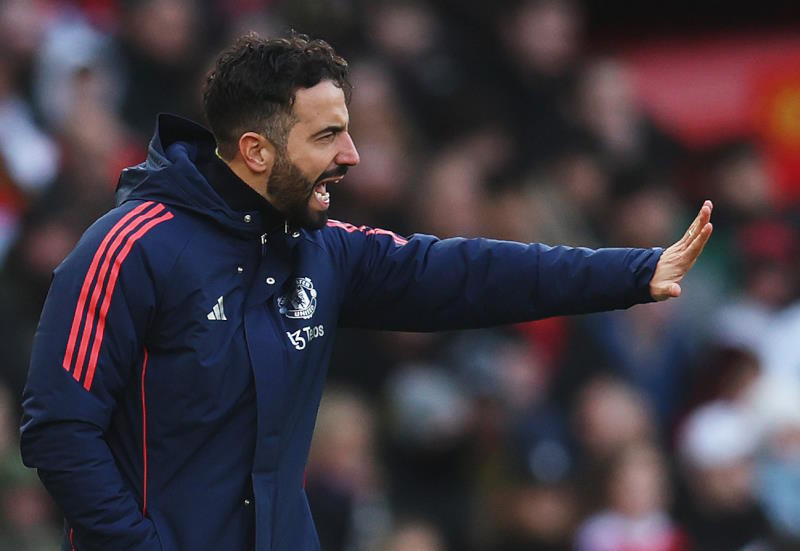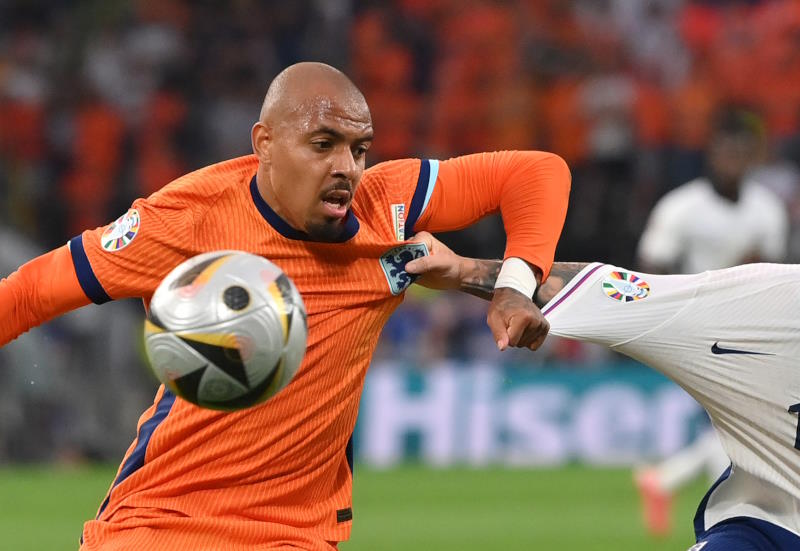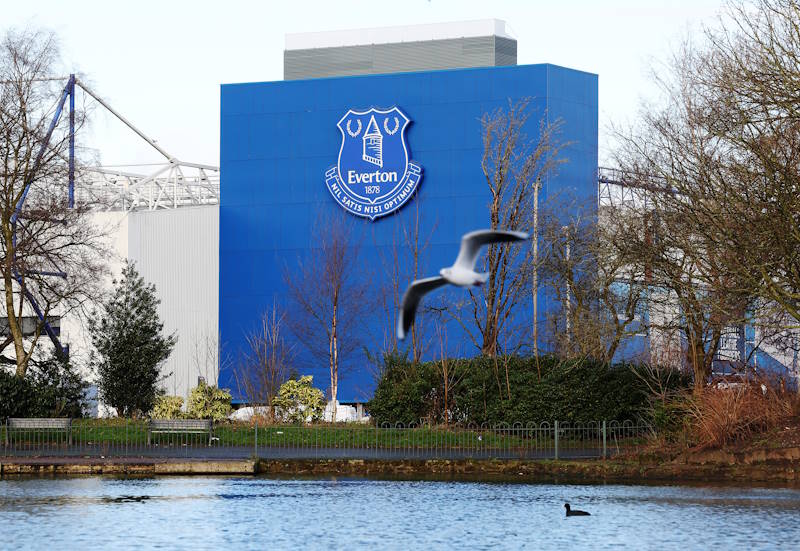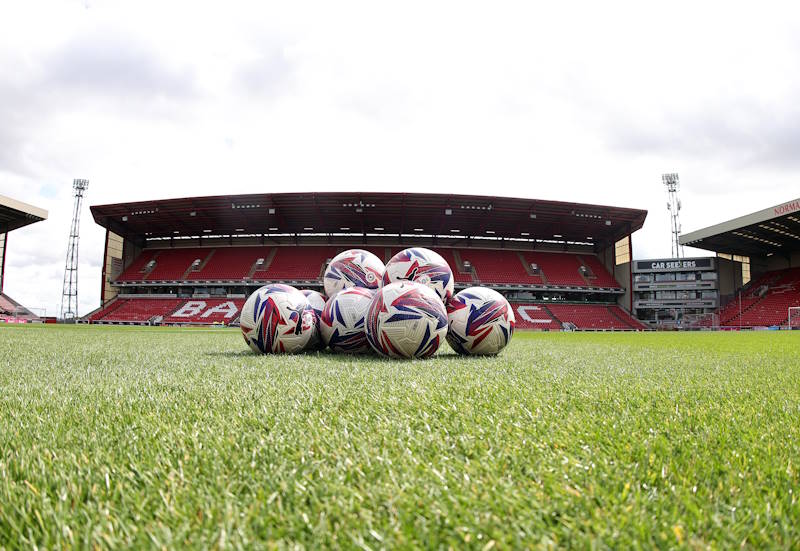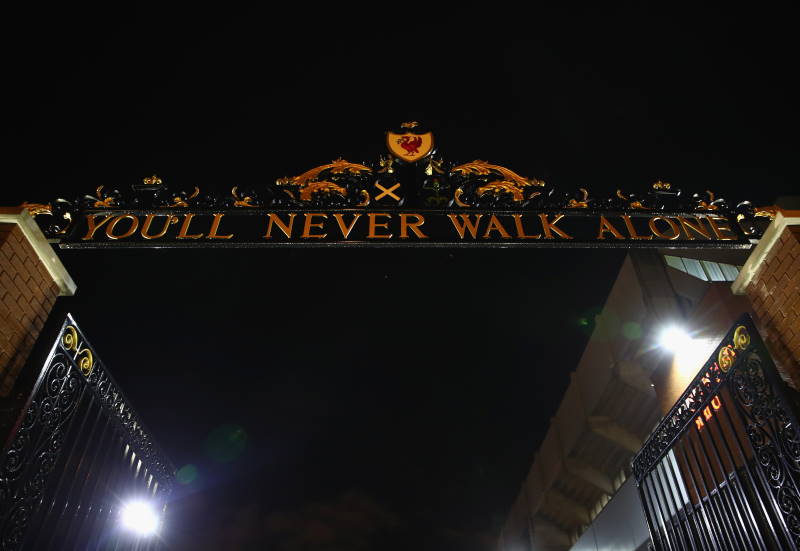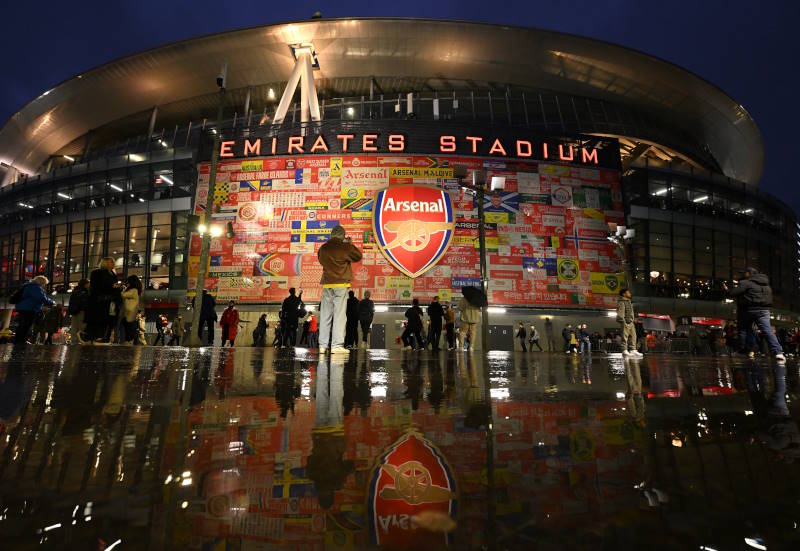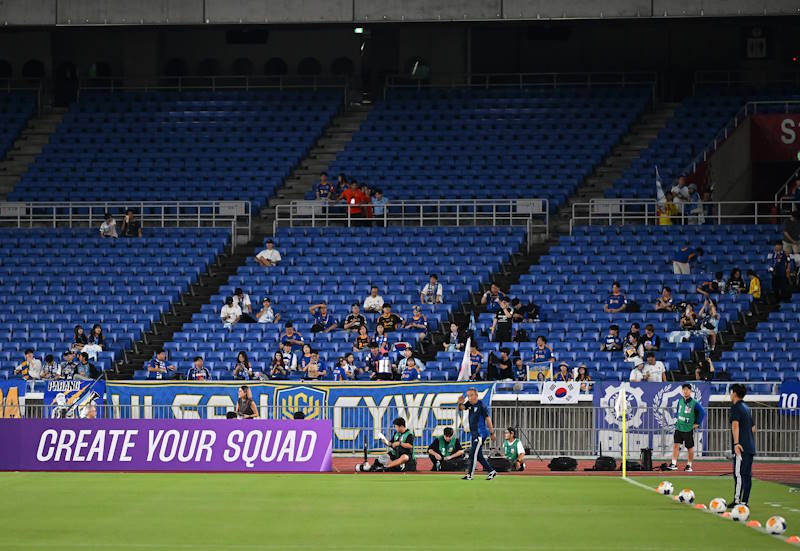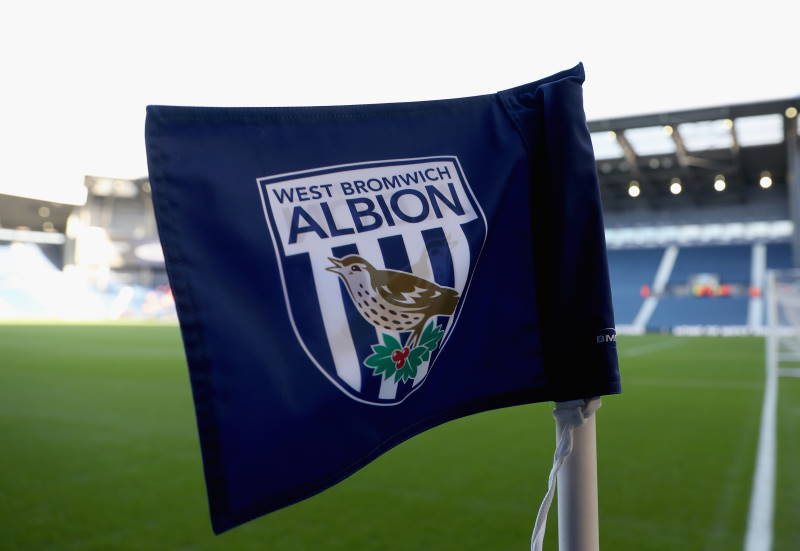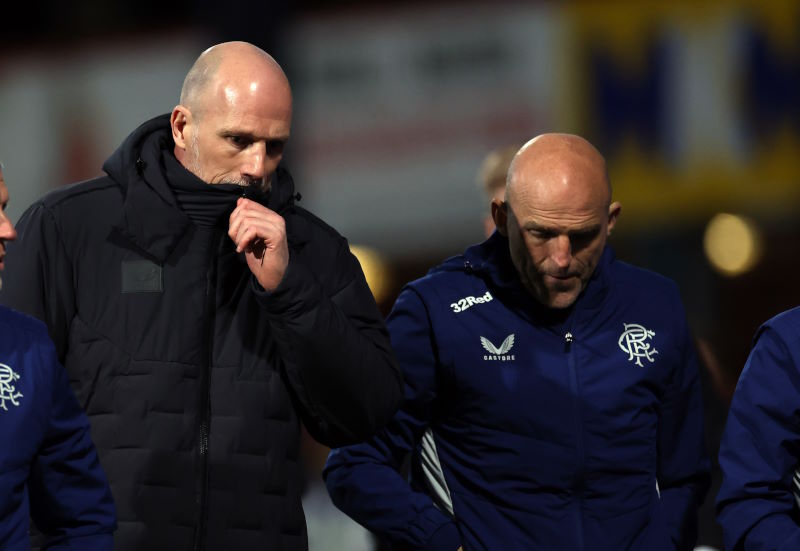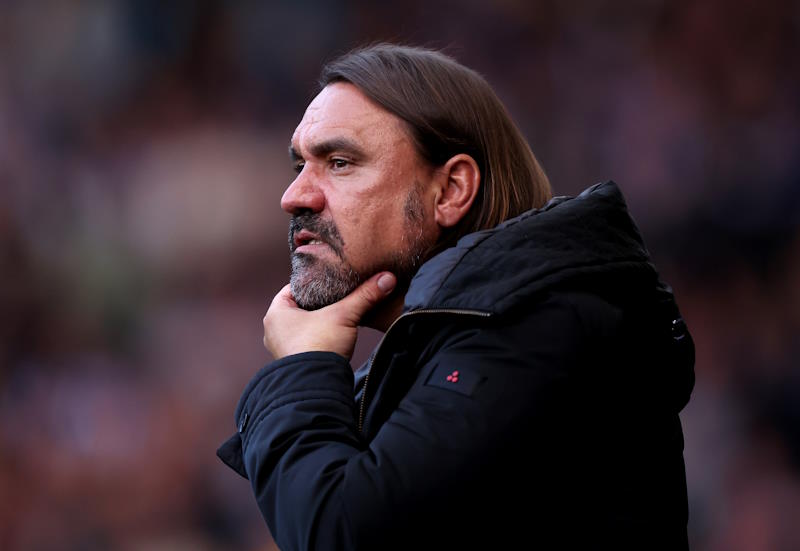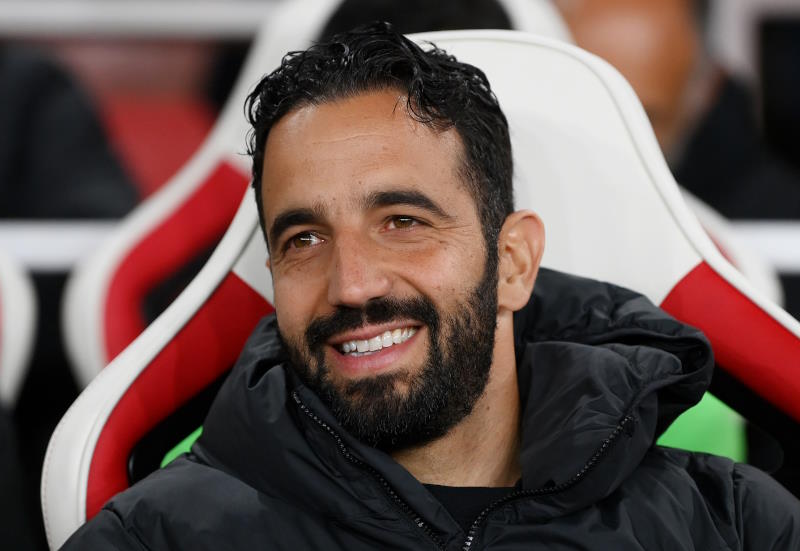 [kalooga-img]
[kalooga-img]
A goal scored by Love proved to be the kiss of death for Palmeiras, one of Brazil’s most famous and illustrious clubs, as they were effectively relegated to the Brazilian second division. Vagner Love’s strike against his former team for Flamengo consigned the Alviverde to the drop, after results elsewhere went against them – Portuguesa claimed a crucial point against Gremio, leaving the team of Sao Paulo’s Italian community six points off safety with two games remaining.
Yet in spite of relegation, Palmeiras will be competing along with high-flying Gremio next year in the Copa Libertadores, South America’s equivalent of the Champions League. That may seem baffling, but in Brazil it can, and does, happen.
Brazil may just be the most football mad country on earth, but it is also the most bizarre. Where else do a country’s giants regularly experience relegation to the second tier, as Vasco de Gama, Corinthians and now Palmeiras have in recent years? Where else can teams play in the continent’s equivalent of the Champions League – the Copa Libertadores – while a second division club? When Palmeiras take their place in next season’s competition, the most remarkable thing may not be that they are in the Brazilian Serie B, but that they are the third club in eight years to play in both competitions simultaneously, following fellow Sao Paulo sides Paulista and Santo Andre.
Palmeiras have an intriguing link to another Brazilian team to have achieved the strange feat. Luiz Felipe Scolari, who coached them to this year’s Copa do Brasil triumph, was also in charge at Santa Catarina outfit Criciuma when they won the cup in 1991, giving them a place in the subsequent Copa Libertadores.
The only other team from outside Brazil to compete in the Copa Libertadores while not in their own country’s top flight were Bolivian side Jorge Wilstermann. They won the Apertura title in 2010, but in the following Clausura were relegated, before competing in the 2011 Copa Libertadores.
The problem in Brazil is that teams can effectively qualify for the Copa Libertadores before the league season is really in full swing. When Corinthians won the Copa Libertadores in June, they knew they would be in the competition again next season, and so the league campaign became comparatively unimportant. Then Palmeiras did what many sides do: Prioritise the cup, hope to qualify for the Copa Libertadores, and then take it easy in the league. Only they took it too easy, as former Brazil midfielder Cesar Sampaio, the club’s sporting director, explained.
“We did our best, prioritising the Copa do Brasil and winning the title, but started badly in the Brasileiro. It was a strategy, but we could not repeat our form in the league.”
Palmeiras’ fate was practically sealed by a failed appeal against a 2-1 defeat to Internacional, when one of their players, Hernan Barcos, appeared to punch the ball into the net. The referee, rightly, disallowed the goal. Palmeiras appealed the result however because of the suspicion that the referee, originally seeming to be unperturbed by the nature of the goal, changed his mind on the basis of being told about the handball by someone watching on a video monitor. That, of course, is against the rules of the game.
Despite Palmeiras’ bizarre appeal, they lost and the result was allowed to stand. It may not have been the end, but it was not far off. And it is also the second time in the last decade that Palmeiras have been relegated to Serie B – the last time came after their then-sponsors, Parmalat, ended their partnership with the club, forcing the team into financial difficulties. The side will hope to make an immediate return, as they did last time in 2003, and avoid celebrating their centenary year in the second tier. Palmeiras will also target following the route taken by Sao Paulo rivals Corinthians, who were relegated five years ago, but came back and have since won the title and this year’s Copa Libertadores for the first time. For a team who were named as Brazil’s best team of the 20th century by the Sao Paulo State Soccer Federation, and who with Santos hold the record of winning the most Brazilian titles, the fall from grace for Palmeiras has been steep.
Traffic, a sports marketing agency that has owned stakes in players such as Hernanes, Kleber and Dario Conca, signed a deal with Palmeiras in 2008 and the club won two successive Paulista state championships on the back of the investment. The team finished fourth that year and fifth the following year. Things had been going so well, but the last two years have seen the Alviverde forced to accept mid-table finishes. This season saw a renewed effort by the team, led by captain Marcos Assuncao, to force their way back into the big time and the Copa Libertadores, resulting in the Copa do Brasil being prioritised.
Victory in that competition was achieved without suffering a single defeat earlier this year, but coach Scolari was out within months with the side languishing towards the foot of the table. The club’s position was even more embarrassing because of the success of local rivals Corinthians. With Sao Paulo on course for qualification for the continent’s premier tournament and the state’s other major side Santos having won last year’s Copa Libertadores, Palmeiras are in the unusual position of being the weakest side in the state at present. It is then ironic that Neymar and co. will be the only major Sao Paulo state side not competing in the continent’s blue ribbon event next season.
Palmeiras’ fans were quick to turn on the team as relegation neared. The club shop was attacked, while president Arnaldo Tirone caused anger among supporters after pictures of him sunbathing on Rio de Janeiro’s Leblon beach 24 hours after the draw with Flamengo were circulated on social networking sites. The situation is so bad some players have hired bodyguards, Sampaio has been told to “watch his back” and Barcos, the team’s top scorer this year, is weighing up his future. "If I have to live like this, driving an armoured car and with a gun in my hand, I would rather go home", he explained. Even sports minister Aldo Rebelo has waded into the debate, labelling the fans’ behaviour “unacceptable”.
The fans’ propensity for threatening behaviour could, in many ways, even have been said to have caused the club’s relegation. Back in 2009, just before Palmeiras’ decline began, the side’s star forward decided to leave after being threatened in the street. His name? Vagner Love.
[kalooga-article]

